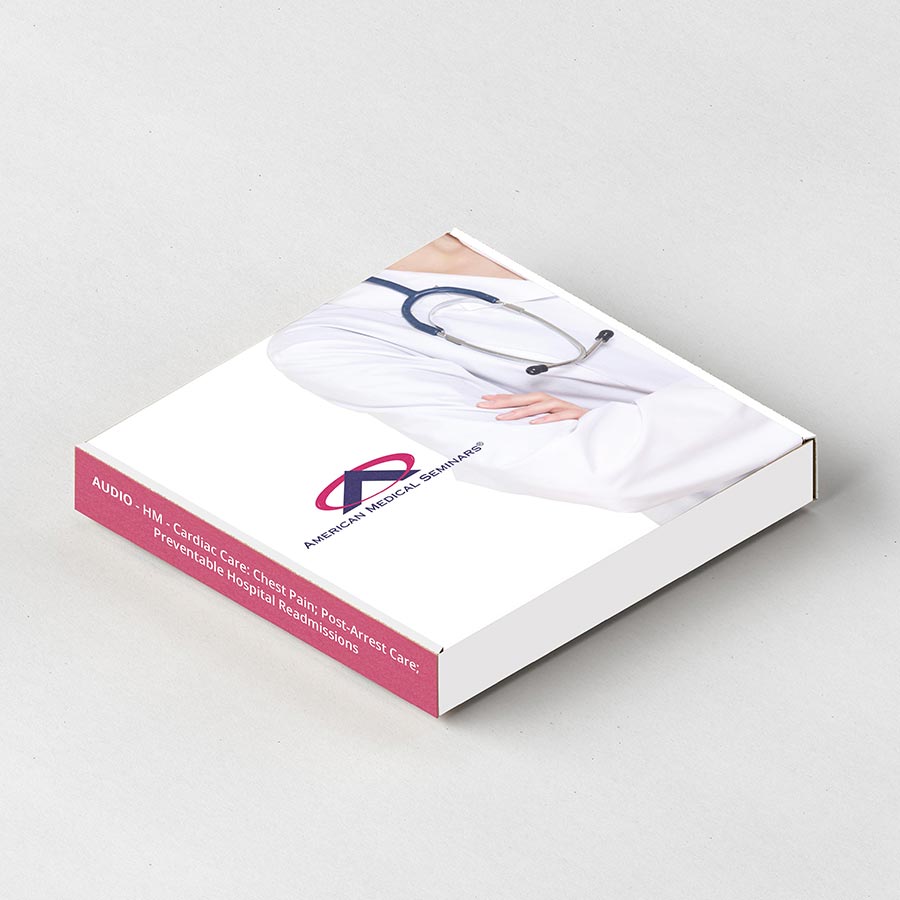Product Description
Title: Hospital Medicine – Infectious Diseases: Meningitis; Multi-Drug Resistant Infections; Newer Antibacterial Agents
Faculty: Stephen J. Gluckman, M.D., Janet M. Hines, M.D., Keith S. Kaye, M.D.
Original Release Date: July 1, 2018 Expiration Date: July 1, 2021
TOPIC 1: Meningitis: Commonly Asked Questions.
Upon completion of this session, the participants should be able to: GL, COMP
- Interpret normal CSF parameters.
- Interpret abnormal CSF findings and apply them to the proper management of patients.
- Relate an understanding of some of the more controversial clinical areas associated with the management of meningitis such as:
- The IDSA guidelines on the use of steroids;
- Who requires a CT scan prior to a lumbar puncture;
- The effect of prior antibiotic treatment on the interpretations of CSF.
- Discriminate the causes of aseptic meningitis with specific emphasis on the non-viral, treatable etiologies.
TOPIC 2: Multi-Drug Resistant Infections.
Upon completion of this session, the participant should be able to: EBM, COMP
- Asses to identify and avoid or minimize the urgent and serious threats of drug resistance as identified by the CDC and IDSA.
- Apply the most effective and appropriate treatment and strategy for each infection.
- Determine when specialist referral will result in an improved outcome
TOPIC 3: Newer Antibacterial Agents.
Upon completion of this session, using FDA publications and approvals as well as IDSA and SHEA evidence-based guidelines, the participant should be able to: EBM, GL, COMP
- Relate the antibacterial spectrum of activity and indications for use.
- Employ knowledge of the pharmacology of the agents.
- Appropriately prescribe the agents.
- Assess side effects, adverse reactions and drug interactions.
- The receipt for any incentive-associated purchase will designate the value of the gift card separately from the cost of the learning activity.
- This incentive may have implications on your tax reporting obligations. Any reimbursed amount must be declared as personal income for tax purposes.


